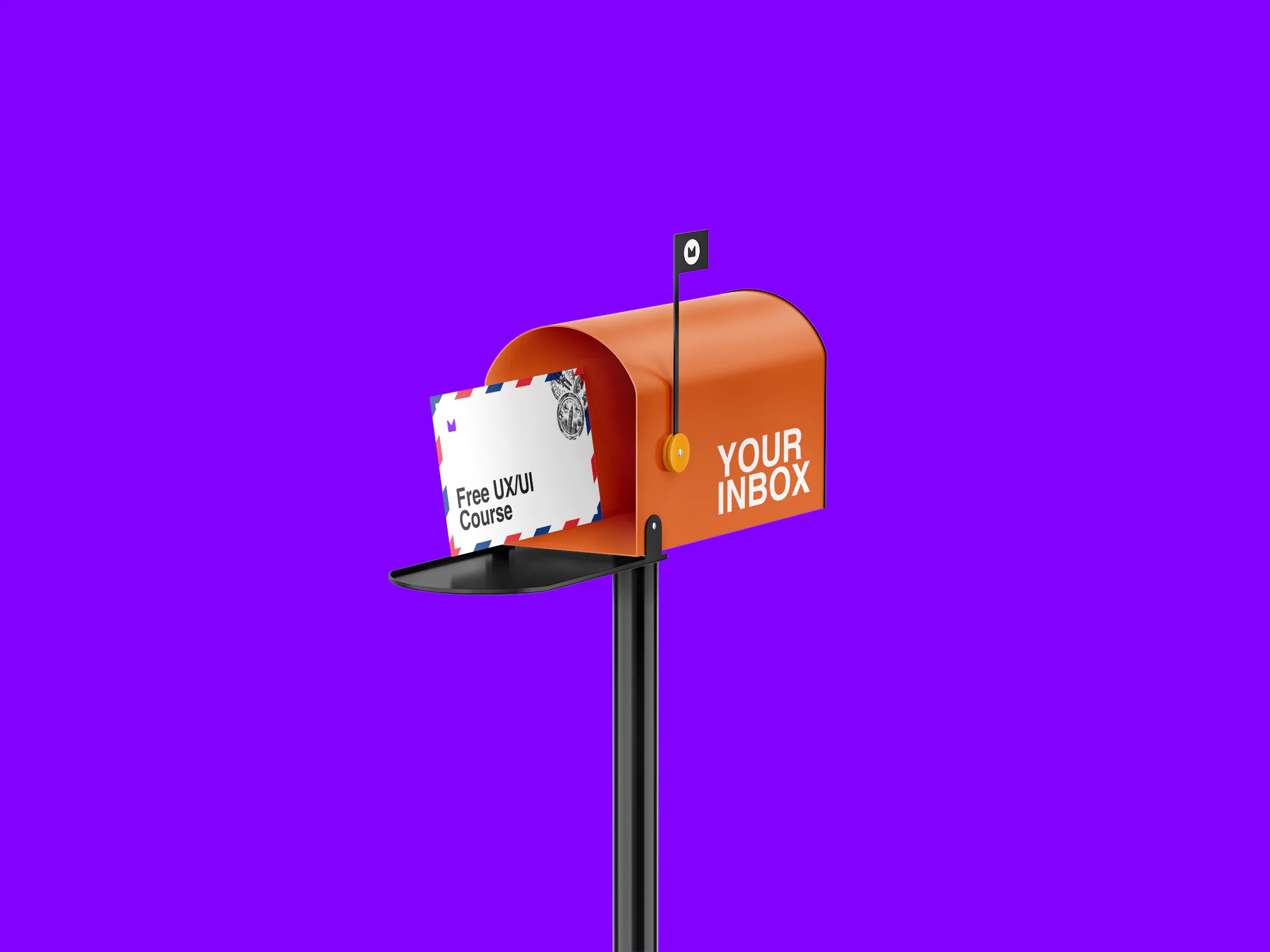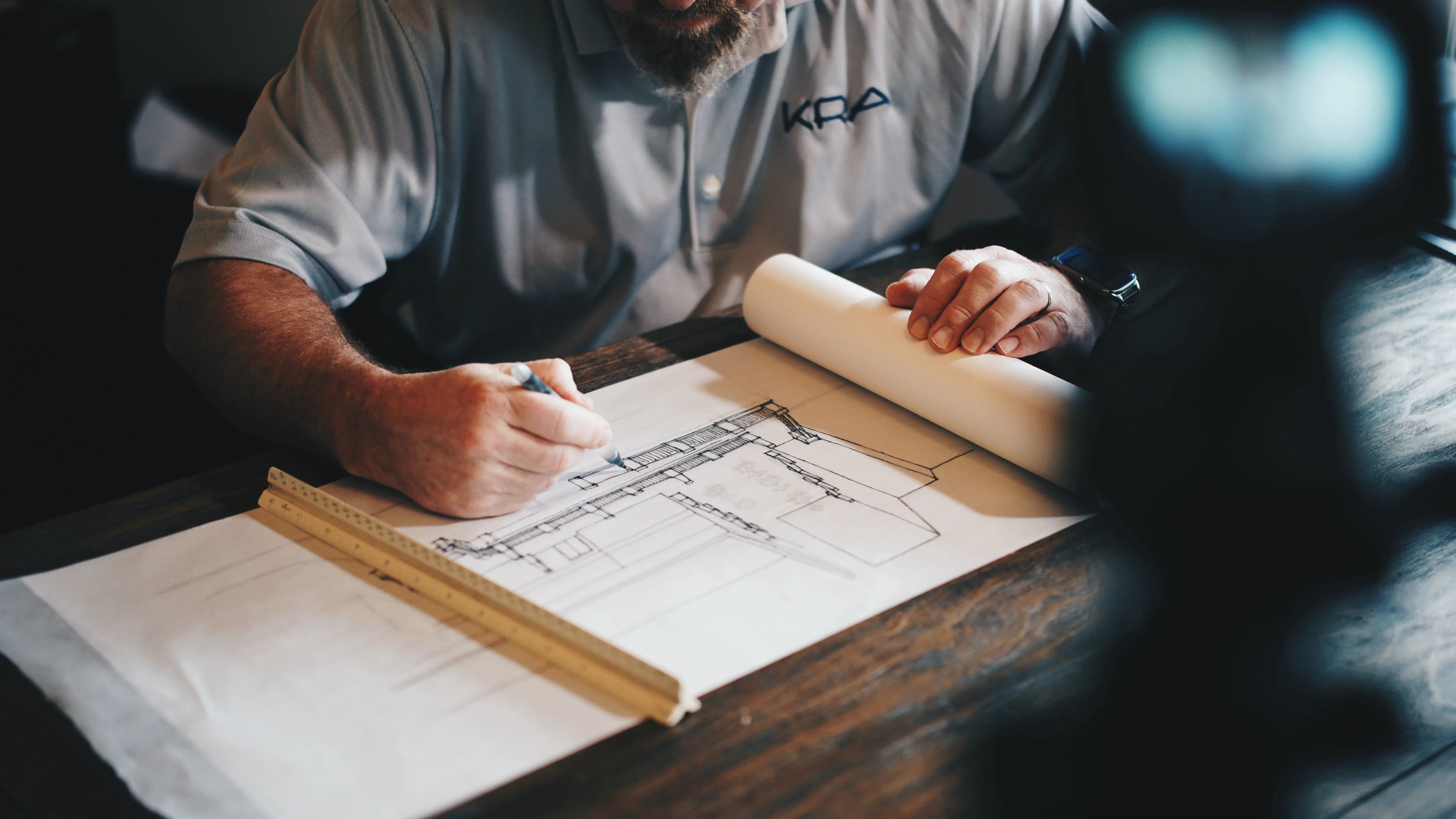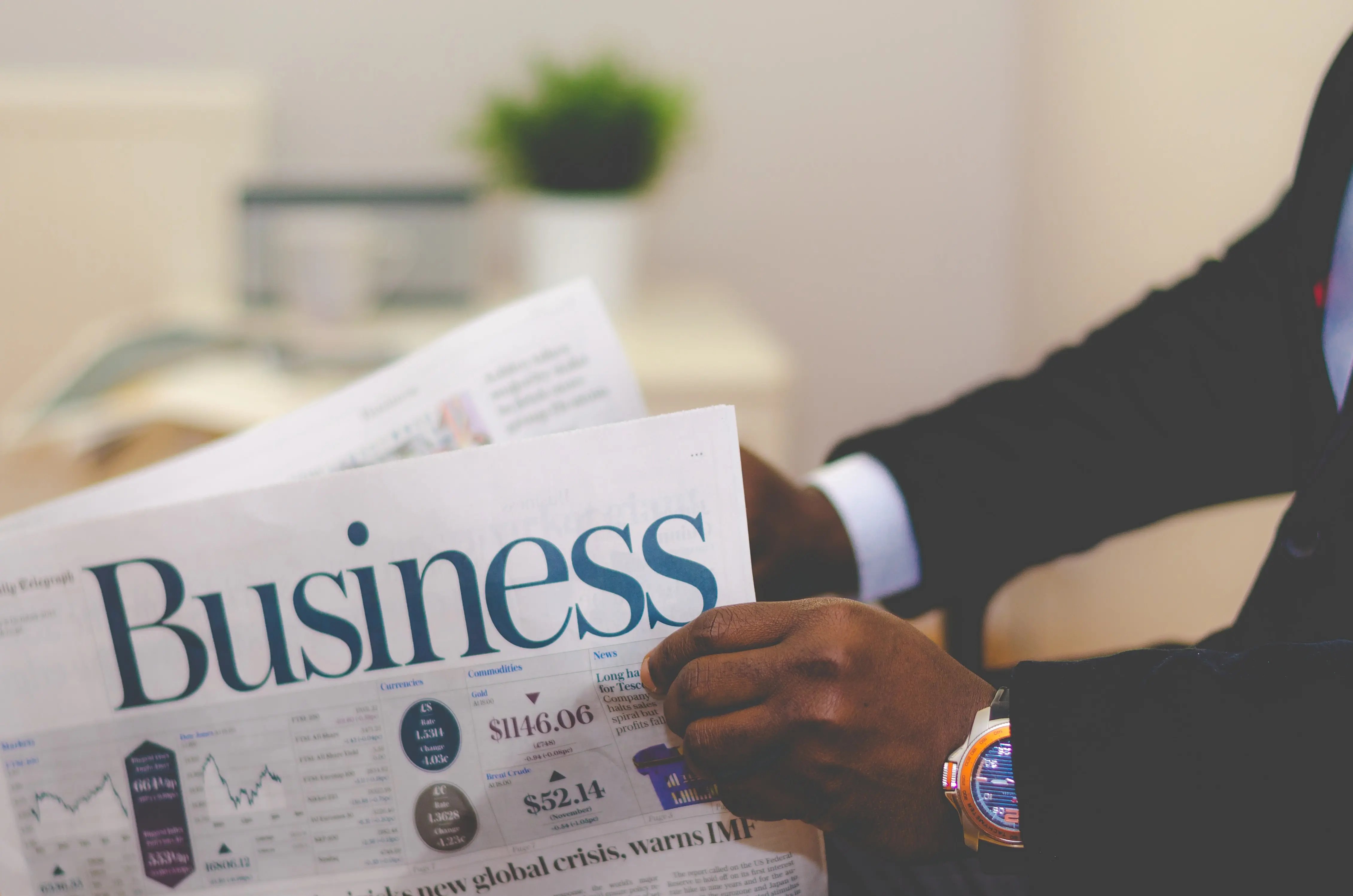

Get a Free UX/UI Course in Your Inbox Every Day for 15 Days
By the end of this three-week crash course, you'll have a much better understanding of the tech industry, the design craft, and all the knowledge you need to start building your career.

Get a Free UX/UI Course in Your Inbox Every Day for 15 Days
By the end of this three-week crash course, you'll have a much better understanding of the tech industry, the design craft, and all the knowledge you need to start building your career.

Many aspiring designers worry that they lack the proper background to break into the industry. They feel intimidated by others who have studied Design or have prior experience, but the truth is that consistency and drive are all you need to succeed. While having prior knowledge can help, there are other factors that matter.
People often associate UX design with the ability to draw, but the reality is that a lot of soft skills are essential to succeed in this field.
To prove them wrong, I have compiled a list of soft skills essential to a Designer and how people from different industries can leverage them. This list is not exhaustive, but if you feel discouraged and don't know where to start, here are some things that can help you stand out, but maybe you didn't even realize they apply to UX Design.
Many people nowadays transition to UX Design from architecture, which is to be expected. As an architect, you learn about visual hierarchy, proportions, and composition. You start with minimal information and turn it into a concept, a living space around humans. You mix function and beauty and deal with constraints on a daily basis, which will be the core of your job as a UX Designer. Architects have the ability to translate abstract information into something that works and creates a good living experience.
You also learned about cross-team collaboration and how your concepts translate into reality. It sounds like UX Designer — developer collaboration, right? It’s constant communication, compromise, and understanding. You also probably master the ability to articulate your decisions to engineers and clients, which will be a crucial skill in UX.

If you are an entrepreneur, no matter the industry, you love business and making great things. No matter how small or large your business is, you apply critical thinking and take decisions under pressure. I have never heard of an entrepreneur having it light, and decision-making is one of their core skills. As a UX Designer, you might quickly become the client’s best friend simply because you’ve been in their shoes and understand their struggles. You will adapt to change and constraints much better, knowing that sometimes sacrifices need to be made — you’ve done them yourself.
Apart from developing a higher understanding of clients, your purpose is to create something that works, something that people need or crave. You have the business perspective, but nothing compares to happy clients. Keeping the business side with the user side in sync is one of your superpowers, which for others, takes a while to master.
I also transitioned from Finance to UX. I got my first degree in Economics because it was cool back then, and I did it all. I was an internal auditor for a large corporation, I even played a bit with HR and legal, but none of them seemed to stick. I was a good performer, but I didn’t enjoy it. However, my love for Design (think interior design, fashion design, and tech) made me consider UX. When I started, I was sure I needed to hit the reset button on my career and take it from scratch — new industry, new tools, everything I’ve previously done didn’t matter anymore.
Along the way, I was surprised by how many skills translated into UX. Even skills I never knew I had or things that were portrayed as improvement opportunities.
When it comes to audit and business consultancy, I built business acumen and got to think about numbers and sales. Rejecting large contracts because they were putting the company at legal risk was not a conversation you want to have with the Sales team from another continent at 3 a.m. But if you do, you will exit the meeting room with more confidence and better communication skills, which are crucial for UX. Imagine explaining to the client that the feature they want so bad didn’t pass user testing.
Working in finance offers you a better understanding of business and more empathy with clients. As UX Designers, it’s not enough to be solely on the users’ side; the business side of the project is equally important.
HR is, by definition, one of those departments in a company that lends an ear to people, to their problems, and tries to solve them fairly and satisfactorily without losing sight of the business. If you move those skills and experience to the Design board, you only need to learn the tools. Communication, empathy, persuasion, charisma, all those skills will help you solve user problems and communicate with stakeholders in your future UX career.

If you are a doctor, nurse, or work in healthcare in general, you will shine when it comes to empathy. Working with people, especially regarding health, requires a fantastic set of soft skills, which will be helpful in UX Design. You will empathize more with users; you will be able to communicate better with clients and conduct interviews without stress. You probably also perform great under pressure and can deal with a wide array of human reactions.
When it comes to ethics, you have probably mastered this one as well. Working in the healthcare system means a lot of responsibility, and decisions can affect human lives. Accountability and work ethic will transform you into a fantastic Designer who never waits for someone to ask them to move forward and question their decisions — they are already two steps ahead. They know exactly how their decisions are going to impact the user.
Working in the hospitality industry is no easy task, and apart from the impeccable communication skills, you probably master multi-tasking.
It takes a lot of patience, understanding, and empathy to work with people, and in hospitality, there are many parts that need to work together fast. You need to communicate with management, the kitchen, the bar, and all the teams that never sit still and create the best customer experience. Being able to align with other people to get the job done successfully is an essential skill because, in UX Design, you will rarely work alone. You must coordinate with other Designers, your Product Manager, and the development team. Each and everyone has a role in creating the experience.

I sometimes say that 50% or even more of your work as a Designer is about communicating your design decisions: inside or outside your team. Being able to gather facts, find the right words, tell a story and be persuasive and fair is something that many designers take for granted when entering the field. Coming from journalism, you should be able to ace this.
UX Design is problem-solving, and problem-solving requires asking the right questions. To be able to pinpoint a problem and to ask for the information you need is not something to be neglected.
Depending on the type of journalism you practice and the industry you are any, you might be used to talking to people from different backgrounds, working under pressure, and receiving feedback.

t's important to remember that the skills listed here are not exhaustive and that your own set of skills will depend on many other factors. Every industry and background has its own advantages, it's just a matter of how you leverage them.
When preparing for a UX interview, take the time to reflect on the skills you've acquired throughout your career. Use this article as a starting point, talk to your friends and colleagues, or reach out to other designers who have made the transition from a similar industry. Regardless of your background, there will be skills and experiences that you can bring to the table.
Instead of focusing on the fact that you don't have a design background, highlight what you can bring to UX. Show how you can leverage your skills and what makes you unique. It's all about how you position yourself. Don't dismiss years of hard work and experience, use them to your advantage.